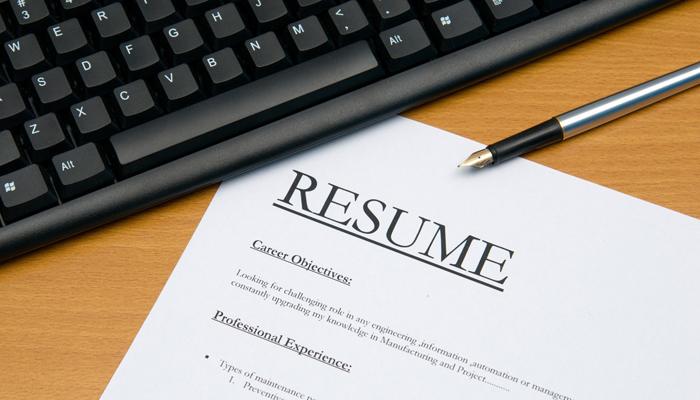
When looking for a job your CV is the primary tool which can help you sell your application more successfully. The way it is written can open or close doors in front of you. Based on our experience the team of Bulcon Group can give you a few useful tips on writing a CV that can improve your odds:
1. Size
Two to three pages is the optimal length of a CV. Even if you have a very strong professional record, the purpose of the CV is to cause initial interest and to win you an interview with the potential employer. During it you will have plenty of time to explain everything in details.
2. View
Nowadays a CV is submitted only by email. Do not bother to print it or bring it in person unless you were asked to do so. Arrange the information in it well clearly distinguishing the different parts in order to make it easier for the other side. Use bullets rather than long paragraphs. Make sure you have started with your contact information and it is correct. If you include a photo of yours (which we do not recommend!) make sure it looks official and appropriate for the position. Do not submit any additional documents (diplomas, certificates, references, cover letters, etc.) unless they are required!
3. Structure
The structure is one of the most important aspects you should pay attention to.
- The CV should start with your personal details including contact information. Do not go into too many details here – nobody is interested in your middle name, exact date of birth, the exact address or street number you live on!
- If your CV is written according to the American standards, after your personal details you may include a few sentences summarizing your entire experience, highlighting your strengths and clearly stating your future career goals.
- Your professional record is more important to any employer than the education you have received and therefore it is better to put it next, doing it in a reverse order – start with your last job and put your first one at the end. If at the start of your career you have changed several employers over a short period of time – merge them together in a single bullet point.
- Describe the educational degrees you have received, once again in a reverse order. If you have such, note any additional trainings, diplomas, certificates.
- The information about your skills, interests, memberships, hobbies, etc. is to follow. Sometimes they provide valuable information, so do not underestimate them!
- At the end of your CV point suitable people for a reference check – name, position, phone, email… This always makes good impression!
4. Sending your CV
When applying for a job, do not submit a standard CV to every advert! If you are interested in a specific role, within a specific company take a deeper look into both of them. Then tailor your CV before sending it so you highlight the experience you have in the specific field, performing the same duties and responsibilities and possessing the same skills that are required in this case. You will also not make a mistake if you call making sure your CV has reached the right person!





